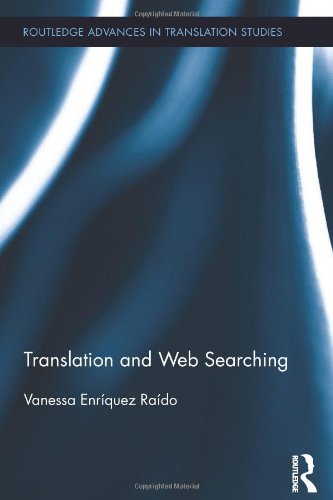

Most ebook files are in PDF format, so you can easily read them using various software such as Foxit Reader or directly on the Google Chrome browser.
Some ebook files are released by publishers in other formats such as .awz, .mobi, .epub, .fb2, etc. You may need to install specific software to read these formats on mobile/PC, such as Calibre.
Please read the tutorial at this link: https://ebookbell.com/faq
We offer FREE conversion to the popular formats you request; however, this may take some time. Therefore, right after payment, please email us, and we will try to provide the service as quickly as possible.
For some exceptional file formats or broken links (if any), please refrain from opening any disputes. Instead, email us first, and we will try to assist within a maximum of 6 hours.
EbookBell Team

0.0
0 reviewsThe book presents a comprehensive study of various cognitive and affective aspects of web searching for translation problem solving. Research into the use of the web as an external aid of consultation has frequently occupied a secondary position in the investigation of translation processes. The book aims to bridge this gap in the literature. Beginning with a detailed survey of previous studies of these processes, it then focuses on web search behaviors using qualitative and quantitative analysis that presents a multifaceted overview of translation-oriented web searching. The book concludes by addressing the implications for the teaching of and research into translators’ web searching skills. With regard to teaching, the book's didactic discussions will make it a valuable tool for both translator trainers and translation students wanting to familiarize themselves with the intricacies of Web searching and to reflect upon the pedagogical implications of the study for acquiring online information literacy in translator training.